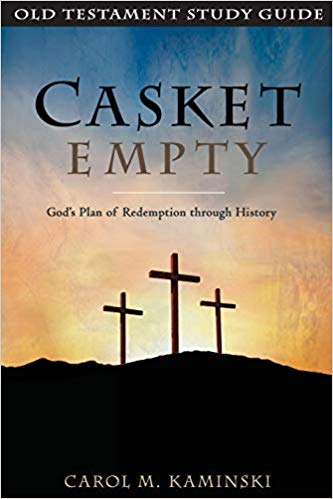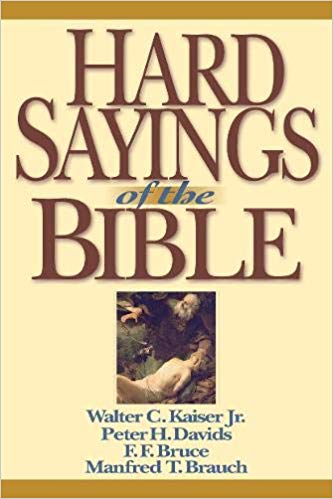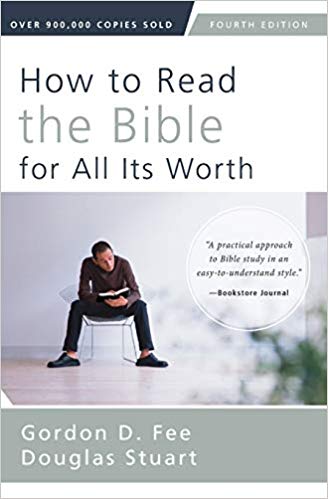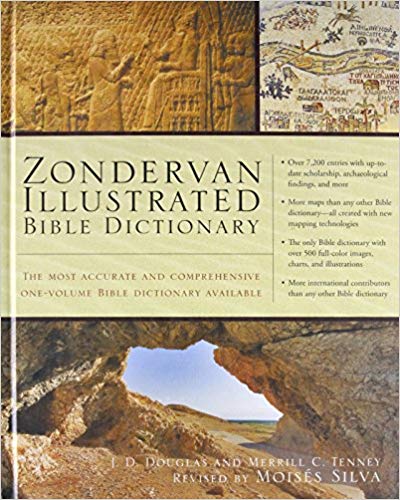When you’re depressed, it doesn’t take long until you begin to receive prescriptions for how to fix yourself. They come in many forms. Some of them are pithy feel-good maxims that look like they should be painted onto a piece of distressed barn board: Just choose joy. Think positively. Count your blessings. Some come in the form of diet, exercise, or lifestyle advice: Have you tried cutting (insert food item here) out of your diet? Nature will be your healer; you just need to get outside. Have you tried (insert exercise program, alternative medicine product, or lifestyle fad here)? And, unfortunately, if you’re a Christian, some of these prescriptions come in the form of spirituality: Just pray more. Spend more time reading your Bible. Just have faith.
Often this advice, even if well-intentioned, causes more pain than good. Instead of hearing our story and keeping company with us in the midst of our pain, such advice tries to shout it away. It assumes that depression (or any other ailment) can be cured with a silver bullet approach instead of acknowledging its complexity. It also places a burden of guilt on the person who is suffering—implying that their lingering sorrow is a sign they’re doing something wrong or simply not trying hard enough.
But sometimes such harmful advice does carry seeds of truth. For example, for many people, exercise does help to manage depression. I know many also find being outdoors in a natural setting to be helpful. But we acknowledge that these lifestyle elements are not the only agents in our movement toward healing. They’re important, but they are not a one-stop-shop for mental and emotional wellness. They come in balance with other practices as well—like going to therapy, taking medication, or getting good sleep. When it comes to living with mental illness, I see spiritual practices in a similar way.
To put it simply: Reading the Bible will not cure my depression. I believe those who have reduced mental health to a consistent Bible study plan are severely misguided. Bible study will not prevent me from getting cancer or being in an accident—and it will not provide a guaranteed preventative strategy against mental illness either.
There are some people, I know, who would take issue with this. Some people seem to think that saying the Bible won’t cure depression calls into question the Bible’s authority or effectiveness. They think that if I say we shouldn’t suggest the Bible (or prayer or any other host of practices) as the cure, that I don’t think depressed people should read the Bible. Far from it. But we cannot reduce the hope of the Bible to a how-to-cure manual or a book-sized pain reliever. It’s not what the Bible is meant to be, and treating it as such does it a great disservice.
Let’s go back to the example of cancer. When someone receives a cancer diagnosis, I would imagine you are unlikely to suggest that a more vigorous spiritual life would cure them. In such situations, we encourage them in their relationships with medical professionals and in their suggested treatments. We support them with lifestyle changes they may need to make. We eagerly step in to meet pressing physical needs, like providing rides or meals or child-minding services.
But I would imagine that you would still believe the Bible would offer them comfort during a painful and uncertain season. In fact, if you are a Christian, you would probably see the Bible as an essential piece of navigating that journey—but you wouldn’t claim it as the cure for cancer. We can draw similar parallels about the Bible’s role when we face the death of a loved one, the loss of a job, or any host of physical illnesses or personal tragedies. Mental illness is no different.
I believe the Bible is incredibly helpful when we’re depressed—and I think Christians who struggle with depression will benefit from its truths. But it is beneficial in the same way that it is beneficial to the cancer patient wrestling with physical fragility, the new widow awash with grief, or the mom wondering how she’ll make ends meet. I do not believe that the “benefit” the Bible offers is about instantaneously removing us from pain—but about providing us with hope and truth and comfort to sustain us in the midst of that pain.
In the midst of my depression, as I turn to the Bible, I find a God who promises to be near to the brokenhearted and suffering, even if I can’t “feel” his presence. I find a God who consistently uses people who struggle like me—so I know that depression does not mean I’m disqualified from being an effective part of his kingdom. I find a Savior who himself suffered and wept and bled—so I know He understands my agony. I find a Spirit who intercedes for me when I don’t have words—so I know that God is still near me and hearing me, even when my words run out.
In the Bible I find a God who makes it his work to create beauty out of ashes in the most unexpected and miraculous ways. I find a God who gives me permission to bring my doubt and fear and anger and utter weariness before him. I find a God who refused to relinquish the world to sin and all its effects—and who set in motion a grand redemption of not only my soul but also my broken body and broken brain chemistry. I find a God who has promised to make all things new.
This is a hope robust enough to sustain me when I have no strength left to hope. It is an anchor when all seems lost and when darkness seems to have won. It will not cure me—but it will give me a reason to take one more breath. And that is enough.








